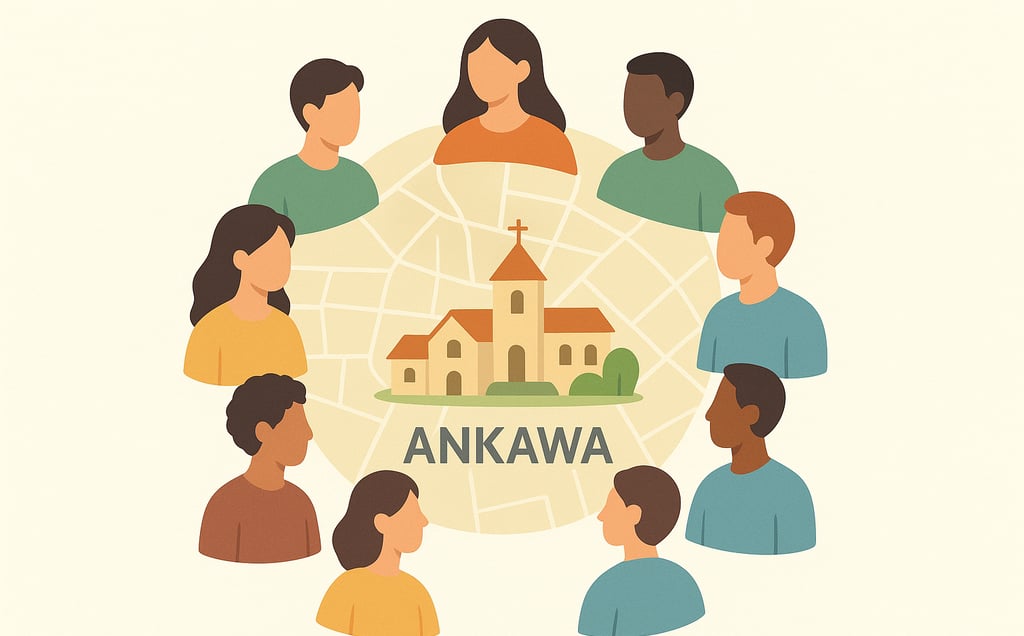Rediscovering the Sense of Duty Toward the Community in Ankawa
8/25/20252 min read


When the Iraqi economy opened after the end of the embargo in 2003, a wave of personal enrichment reached significant parts of the population, including in Ankawa. This took place despite the fragile security situation and the political instability that marked the country. For many, these years were associated with the pursuit of financial gain and the expansion of personal opportunities. Yet the transformation was not purely economic. It was also cultural and social. In Ankawa, as in other places, a transition unfolded from a traditional and holistic way of life in which the community was seen as a living body and the individual as one of its parts, to a more individualistic and at times selfish outlook.
The very meaning of duty shifted in this process. Personal wealth and advantage began to take precedence over the needs of the collective. The spirit of selflessness, once considered a virtue, came to be regarded as weakness. Acts of generosity or commitment to the common good were sometimes met with irony rather than admiration. At the same time the local environment changed. In Ankawa, those who sought only their own profit became so visible and so numerous that others, even reluctantly, felt they too had to follow the same path. To act for the community seemed futile, a waste of energy in a context where opportunism was rewarded while devotion to others was belittled.
This climate has had a profound effect on younger generations. I often meet young people and adults who are deeply motivated by the idea of doing something for Ankawa. Their eyes light up when they speak of it. Yet their enthusiasm quickly fades because they have been persuaded that nothing will change. They feel that any effort is doomed to failure. And yet these same individuals have ideas that are simple, practical and inspiring. A community event for children, a training session, a sports gathering. All of these are initiatives that can be organized without great resources, without personal interest, and purely with the passion to serve. None of them are political. They belong to the realm of social and community life. Many such projects already exist, but they often require the backing of an institution perceived as legitimate, such as the church, a political party, or a respected business leader.
The turning point must come when we begin to reclaim the idea of serving the community as a normal and expected part of our lives rather than an unusual act of sacrifice. Every young person in Ankawa must feel a sense of mission toward their city and beyond. This duty transcends political affiliations and religious differences. Such identities are a matter of individual conscience and should not stand in the way of a shared responsibility for the place we call home.
We must understand that collective interest does not mean the interest of others at the expense of ourselves. It is the contribution of each person to a common good that belongs to all. When we strengthen our community, we also strengthen our own lives and the future of our families. It is time to recover our motivation, to build confidence in our ability to act, and to make Ankawa a better place to live, each of us according to our capacity. This is the way forward.
